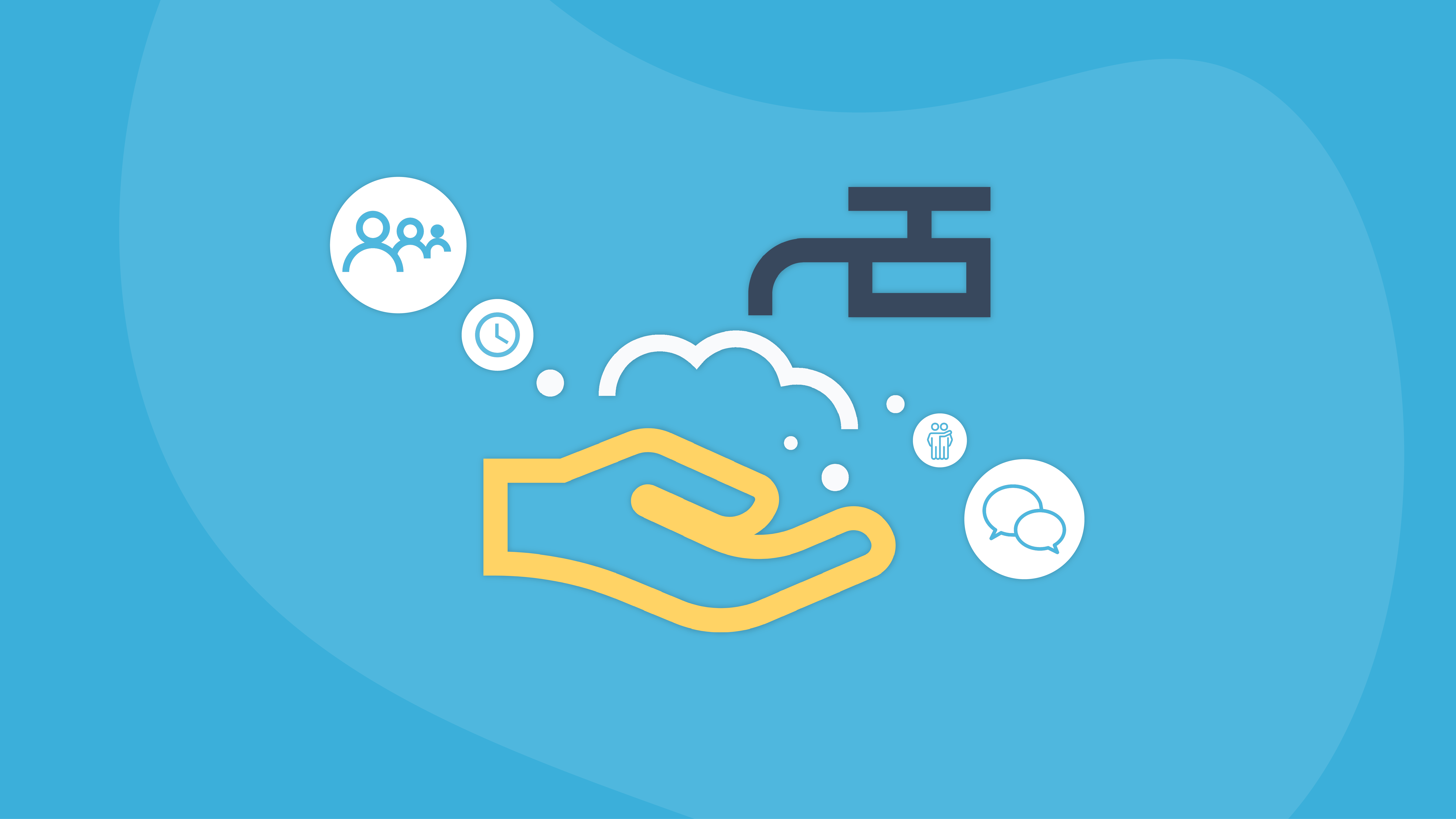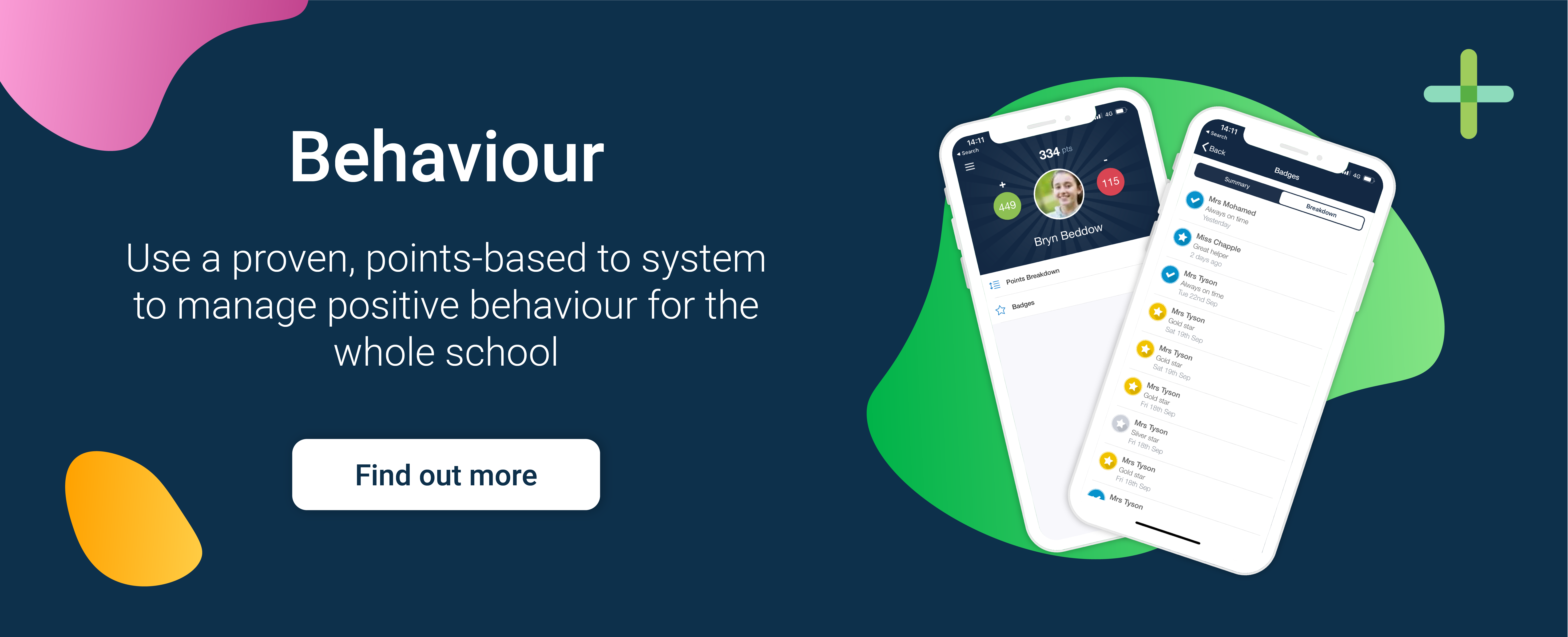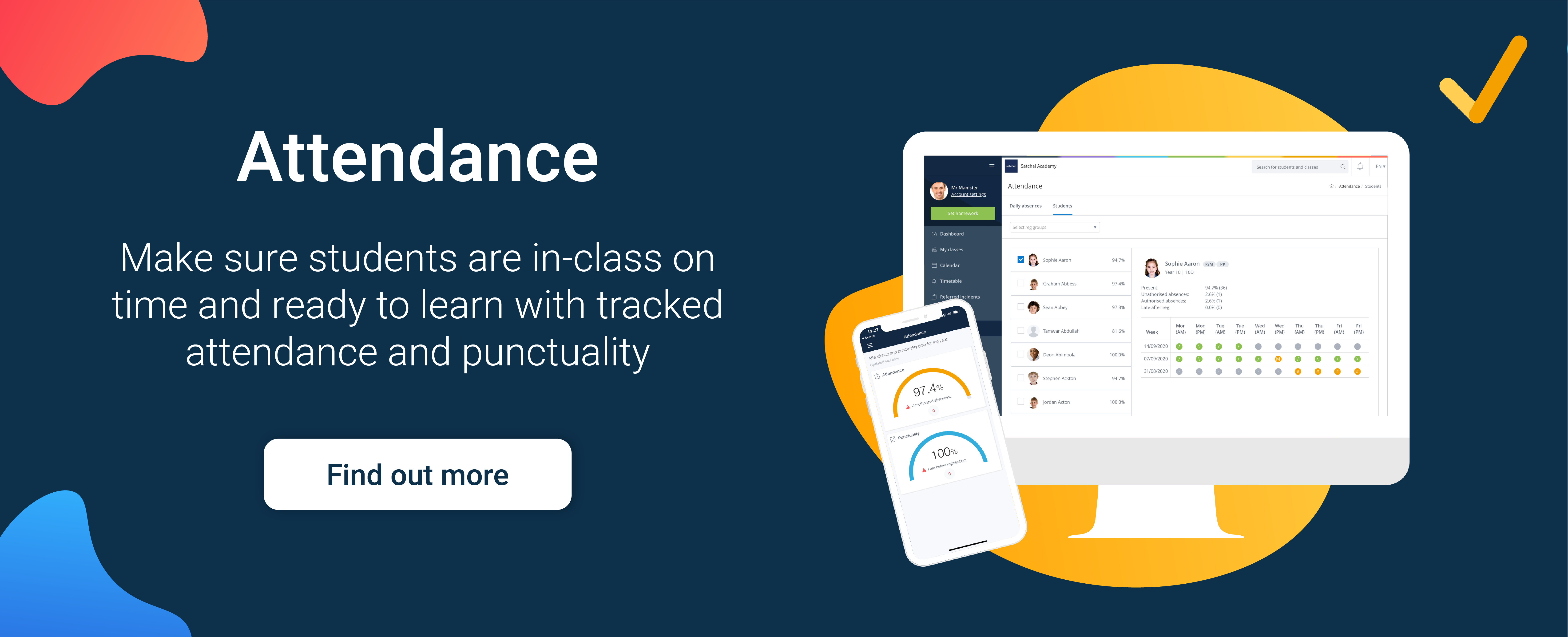Author: Nicola Jones-Ford
Posted: 14 Oct 2020
Estimated time to read: 4 mins
We haven’t been back in school long but it is already becoming hard work for staff to remember all the new measures and procedures that need to be in place. Queing and handwashing are definitely the zeitgeists right now. Even simple things like a student falling down in the playground with a cut knee, now involves a level of personal protective equipment that was previously only standard practice in hospital.

I work in a primary school and everything about the school day seems to be taking a lot longer, going out into the playground for playtime or lining up for class for example.
New Challenges at Play
Before the virus, on the way out to the playground, there was always the stop by the toilets on the way out to make sure everyone’s ready for a happy and uninterrupted break from learning, not all children need to use the facilities, but as they were all keen to be outside it was generally quite a quick process.
On the way back there was the obligatory stop by the water fountain to rehydrate after a busy playtime, again this would take a while but not everyone needed a drink generally.
Now that we’re tackling a virus, we have stopped using the water fountain and all the students have a water bottle that is filled up in the classroom, but we have not saved any time.
As the queues for our three sinks get longer, so too does the delay for playtime. The issue is repeated when coming back in from the playground too. The process that would have normally taken about eight minutes, now shaves off about fifteen minutes at both ends of playtime. This might not seem like a lot, but the impact it has on staff and pupils is much bigger.

I started to wonder how we could speed this process up. There is the ‘magic soap’, as our year twos like to call the hand sanitizer, but that’s mainly used at points where we are not transitioning, to avoid gaps in learning activities.
Then my train of thought moved on to how the process itself is affecting our pupils. The children are having to queue a lot more than they’re used to as there are now so many points throughout the day where their hands are needing to be washed.
The school I work in is a small, inner city school and we have only one Year 1 class. The teacher has got the washing of little hands organised to a tee. It happens at a good pace, with a good level of adult intervention for those who need it, and the children are able to do it without too much fuss.
But even with this system being very efficient the children have to stand in a queue a lot and wait for a sink to become free to wash their hands, this queueing is still a work in progress and some are better at it than others.
How is the Virus Affecting Pupils’ School Time?
We are creating a generation of children who become a little obsessive about germs and know to wash their hands all the time. For a few this may be an issue, but perhaps for the majority this would be a good thing, as I’m sure you’ll agree that some children could benefit from being just a little more hygiene conscious!
Being as old as I am, when I was at school there were no interactive whiteboards in the classroom, we had a chalk board and that was it. If you were given a piece of homework and you didn’t know the answer, you needed to look it up in a book, talk to your parents or you had to use the local library to find the answer. There was no pulling your phone out of your pocket and ‘googling it’.
Search engines and mobile phones give us instant access to information of all kinds, but it also makes us expect to have that access whenever we need it. It’s made society one of instantaneousness and impatience, with next day deliveries on groceries and a 2 millisecond wait time for answers on search engines. Children who are at primary school now have never known a world where googling something wasn’t an option.
Without instant access to entertainment or distraction, these students have to wait patiently and fully interact with their surroundings. So we are asking the ‘have it now/know it now’ generation to wait. This is where I think the positives will emerge. We could be looking at pupils rediscovering the power of having less.
Looking at the Bigger Picture
In the hand washing line, pupils are interacting with whoever is in the queue in front or behind them. They aren’t necessarily friends and these children will change throughout the day and will take varying amounts of time to get their hand washing done.
The children are learning that everyone is in this together and that being patient is something everyone is finding hard at the minute. Whether it’s the grandparents that they can’t go and see or their parents queuing at the supermarket. Pupils are slowly seeing that this is a change that is affecting all of us, and that there is no reason to feel isolated. In fact, it’s something everybody can bond over!
A shared experience is a good way to start a friendship or get to know others in the same boat. And this doesn’t just go for pupils at school. It is slowing school life in general down too, we are having to take the time to stop, wait, chat to peers, be mindful of others’ needs, and finally wash hands.
Obviously this takes time away from curriculum learning and the things that children will be tested in, but as we are having to do it, I think it needs to be seen as just another learning opportunity for our students to learn things like patience, getting along with and mindfulness of others, rather than the disruption and wasting time.
Maybe we can even try to see other changes in this way. Mask wearing and social distancing aren’t things we naturally want to do, but what can we learn from them? We’re all partaking in these precautions to help each other. To collectively stop the spread of the virus. It shows how we can work together to do something that benefits all of us!



